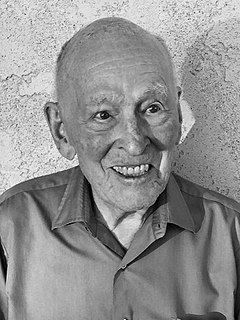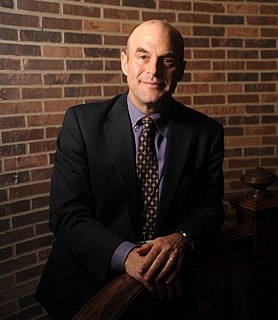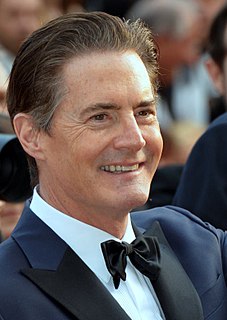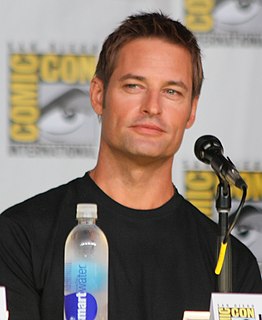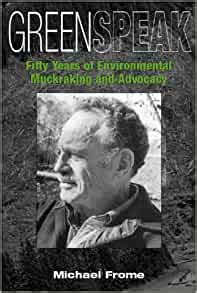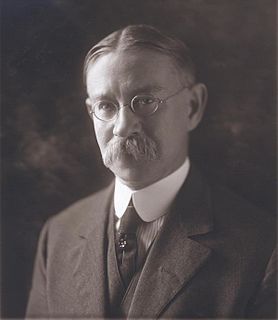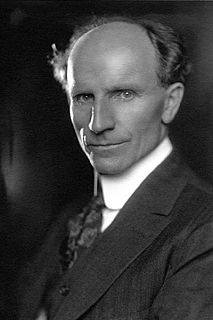A Quote by Paul D. Boyer
Family trips to Yellowstone and to what are now national parks in Southern Utah, driving the primitive roads and cars of that day, were real adventures.
Related Quotes
There was a very important superintendent of Yellowstone, a man who was involved in the founding of the National Park Service itself, Horace Albright. And he became superintendent, which is the boss of Yellowstone Park, in 1919 - from 1919 to 1929. Later, he was director of the park service itself. Albright embraced the idea that in order for the national parks - and Yellowstone in particular - to have support from the American people and from politicians, there needed to be wildlife as spectacle.
Industrial tourism is a threat to the national parks. But the chief victims of the system are the motorized tourists. They are being robbed and robbing themselves. So long as they are unwilling to crawl out of their cars they will not discover the treasures of the national parks and will never escape the stress and turmoil of the urban-suburban complexes which they had hoped, presumably, to leave behind for a while.
But private lands development around the periphery of the parks - Grand Teton and Yellowstone - is a crucial issue because if those private lands are transformed from open pastures, meadow, forest land to suburbs, to little ranchettes, to shopping malls, to roads, to Starbucks - if those places are all settled for the benefit of humans, then the elk are not going to be able to migrate in and out of Yellowstone Park anymore. And if the elk can't migrate into the park, then that creates problems for the wolves, for the grizzlies, for a lot of other creatures.
Think of a world where there is no ride-sharing; people are driving themselves to work. You now have 30 people being served by 30 cars. Those 30 cars are only served 4% of the day; 96% of the day, they're stored somewhere. Around 20% to 30% of our land is taken up just storing these hunks of metal that we drive around in for 4% of the day.
My family was lower middle class, and my parents both worked, so we couldn't take proper vacations. We'd go for three days to Santa Barbara or to the desert, so my first real vacation came was when I was 12, when friends of my parents were taking their kids away. We went to Grand Canyon, Bryce Canyon, and Zion National Park in Arizona and Utah.
The influence of (the national parks) is far beyond what is usually esteemed or usually considered. It has a relation to efficiency -- the working efficiency of the people, to their health, and particularly to their patriotism -- which would make the parks worth while, if there were not a cent of revenue in it, and if every visitor to the parks meant that the Government would have to pay a tax of $1 simply to get him there.
It is important that the remaining scenic areas of the country be at once made into State or National Parks. Fortunately there still are a number of these wild places, but it will require effort to save them. Each Park proposed will have powerful and insidious opposition. The insidious opposition to National Parks will say, ‘There is a feeling in Congress that we should not have any more National Parks at this time’; or, ‘We should wait until present ones are improved.’
The Jetsons had them in the 1960s. They were the defining element of 'Knight Rider' in the 1980s: cars that drive themselves. Self-driving cars appear in countless science fiction movies. By Hollywood standards, they are so normal we don't even notice them. But in real life, they still don't exist. What if you could buy one today?
